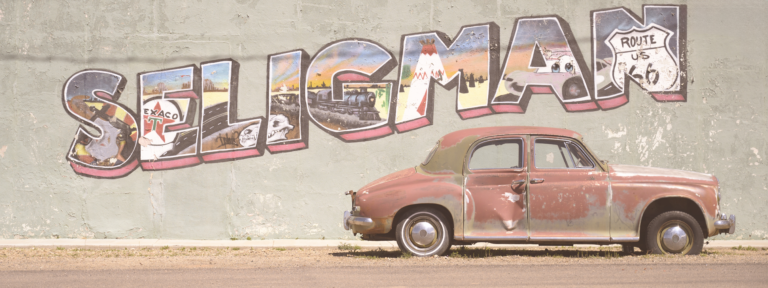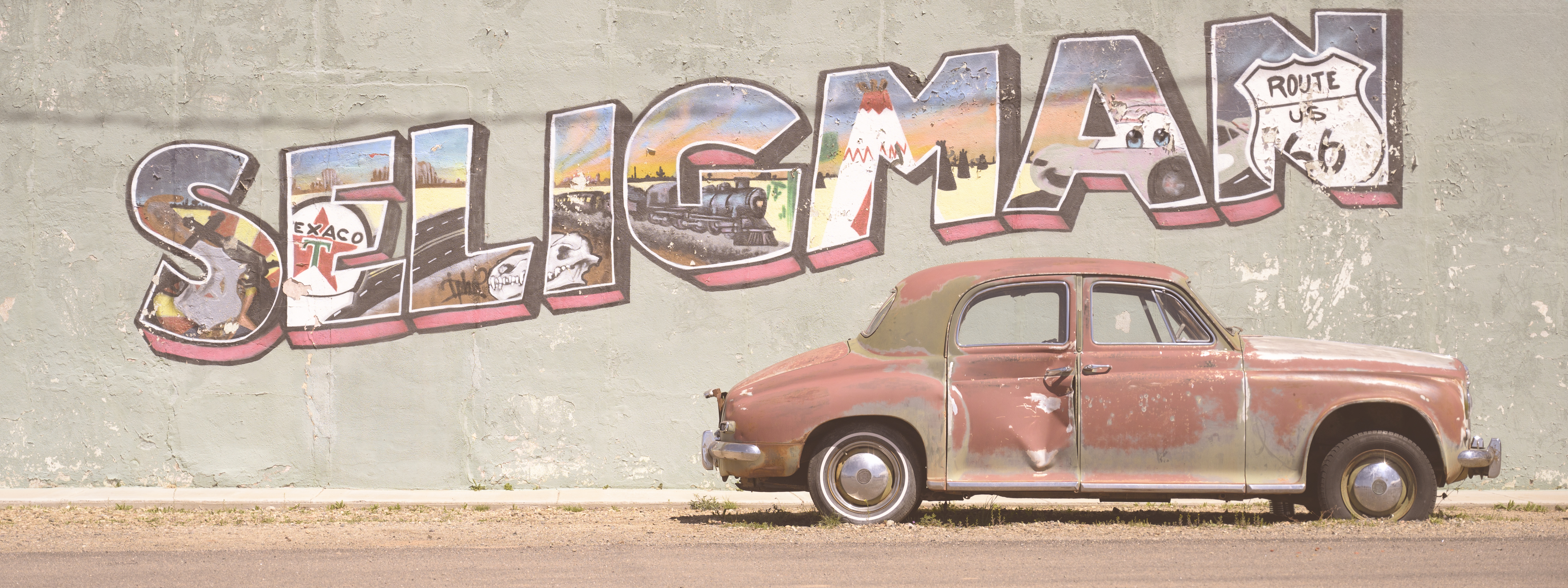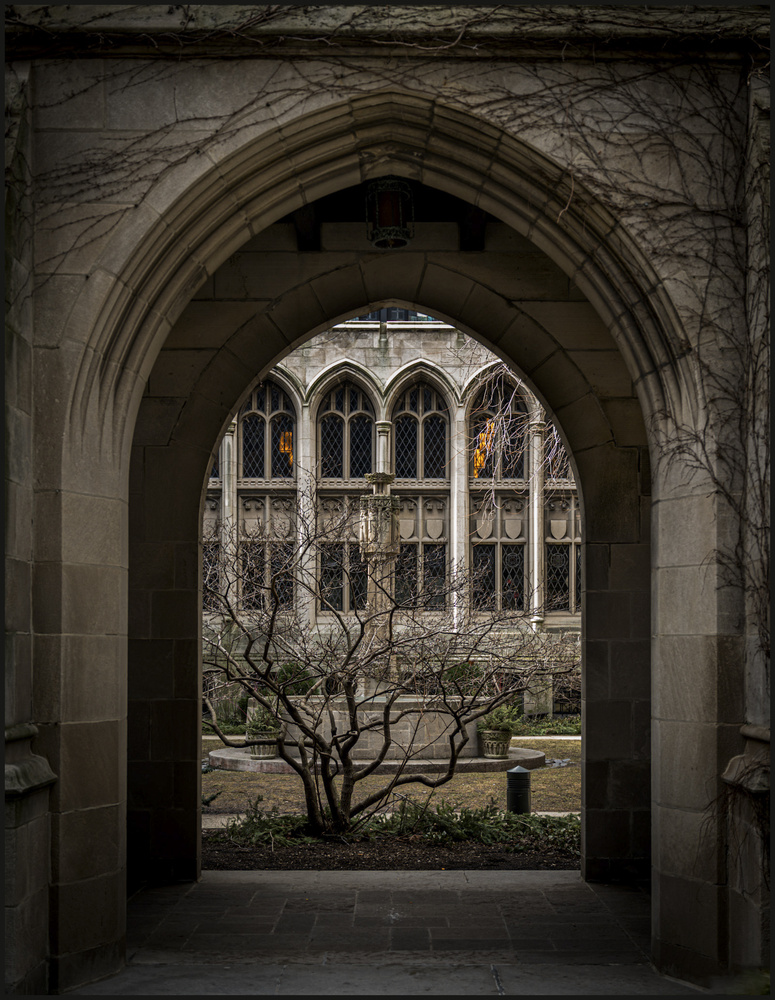Isn’t it great to have a crystal ball to tell us our future and what’s around the next corner? Unfortunately, there is no such thing, and we must live life, make mistakes, and move on. I wish I had one, especially when I started my photography journey. Here are five things I had to learn the hard way.
It’s Not About the Gear
We have all been there before: a new camera or lens is announced, dangling on a string like a carrot. We are urged to grab our wallets and wait for FedEx to deliver them to our doorstep.
Don’t get me wrong; gear is essential, and you need it to achieve particular results. The main focus shouldn’t be on gear. As photographers, we have a mentality, and I did, too, starting with gear, which is what photography is mostly about. Photography should be about capturing a story, creating strong images, and finding joy in our work. We occasionally find that we are chasing the wrong thing, and photography can be the same way. We chase gear, thinking it will make us a better photographer. As the sales manager at our local camera store, I often found this to be the problem—particularly when a gentleman came in wanting to sell two Canon 1D X, EF 400mm f/2.8, EF 300mm f/2.8, EF 24-70mm f/2.8, EF 16-35mm f/2.8, and an EF 70-200mm f/2.8. I asked why he was selling them, and he suggested it was because his son no longer plays high school football, and he never got great photos; they were either blurry or out of focus most of the time. He didn’t have a gear problem; it was an education problem and a false thought that better gear equals better photographs. Remember that gear is part of the equation, not the problem’s answer.
Sh*t Will Get Tough
I see people go into photography for one of two reasons: financial gain or creative fulfillment. If you’re in photography for financial reasons, it’s a proven fact that things get tough. Clients don’t call, and you start to stress about money. Suppose you’re on the creative side. It’s no different; you’ll find times when you’re out of passion, drive, and you think your photos are pure crap.
I wish I had figured out sooner that things would get tough—well, I did figure it out eventually. All you can do is think more strategically and find solutions to the problem. At times, you have to force yourself to do something.
Stop Comparing Yourself
Imposter syndrome, anyone? I’ve heard this a million times from mentoring students and across the camera store counter: “I want to be like X photographer.” No, you don’t. The world already has this person, so why do we need another? We all bring a different perspective to the world as creatives.
Sometimes, we think a particular photographer is doing great, so we want to be them, but we don’t see behind the curtain. I’ve been there and finally got to talk to someone I thought was knocking it out of the park. Don’t get me wrong; they were creating fantastic work. What I didn’t see was that the shoots they were posting were free to the client. That fancy gear? It was all on credit cards. It was a much different perspective than I thought. I no longer wanted to be exactly like them. Remember, there are two sides to every story, and sometimes, skeletons in the closet. Comparing your work or success to others will only burn you in the long term and put you in a negative headspace after a while.
It’s Ok Not To Be A Technical Photographer
You might disagree, but not being technical is a good thing in the beginning. When we become too technical, we put ourselves in a box, and our image-making process is no longer open to ideas. We feel we must do things a certain way to achieve the results we want.
Think about it: you may have felt more creative when you first began photography. Why is that? It’s because we didn’t know what we didn’t know. We weren’t worried about the technical aspects of photography—shutter speed, aperture, and ISO. We were just picking up the camera and creating images.
At some point, you will have to become a technical photographer. What I mean is that you will need to add the technical side to your photography equation and learn to balance creativity with technical expertise.
It’s Perfectly Fine To Fail
Failure is a word that often brings feelings of doubt: Am I good enough? Why did I do this? And more. Failure can equal success—not immediately, but later down the road. Whether you realize it or not, failure teaches you a lesson if you let it.
You learn what went wrong when you try something, and it doesn’t work out. It shows you that you need to find a different path or readjust your current one. How many times have you missed the perfect shot? Did you notice that the next time you were given a chance to take a similar shot, you got it? If you did, that’s failure teaching you a lesson—and a valuable one at that. Life is full of failures, and we can’t be perfect. Remind yourself to learn from them and not brush them under the rug, no matter how strongly you feel.
Ultimately, these are just a few things I wish I had known sooner. It wouldn’t have made the journey any easier, but I would have been wiser about what was ahead. Photography is like life: there are many failures, and the journey is long, but it’s what you choose to make of it. We can dwell on others’ images, worry about the tough times, focus on the wrong things, and try to be someone we are not.


